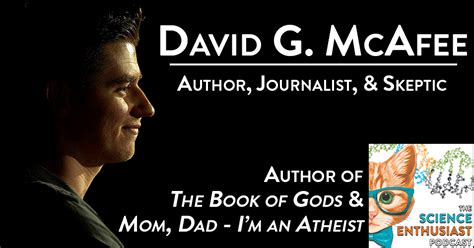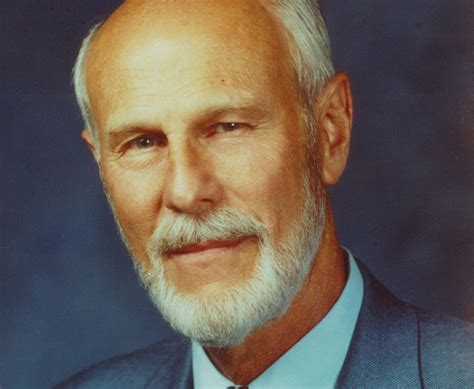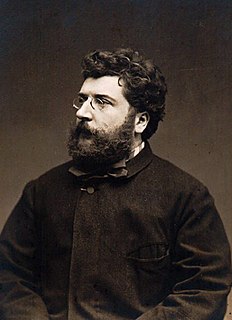A Quote by Hazrat Inayat Khan
If people but knew their own religion, how tolerant they would become, and how free from any grudge against the religion of others.
Related Quotes
Religion is an important institution. A nation without religion cannot survive. Yet it is also very important to note that religion is a link between Allah and the individual believer. The brokerage of the pious cannot be permitted. Those who use religion for their own benefit are detestable. We are against such a situation and will not allow it. Those who use religion in such a manner have fooled our people; it is against just such people that we have fought and will continue to fight. Know that whatever conforms to reason, logic, and the advantages and needs of our people conforms equally to Islam. If our religion did not conform to reason and logic, it would not be the perfect religion, the final religion.
Without cultural indoctrination, all of us would be atheists. Or, more specifically, while many may dream up their own gods as did our ancestors, they would certainly not be ‘Christian’ or ‘Jewish’ or ‘Muslim’ or any other established religion. That’s because, without the texts and churches and familial instruction, there are no independent evidences that any specific religion is true. Outside of the Bible, how would one hear of Jesus? The same goes for every established religion.
How can you have the religion of the sovereign be the religion of the state if the sovereign belongs to many religions? And it's at that point, I think, historically, that you start to see people saying maybe the state should not associate itself with any religion. Maybe there shouldn't be any official religion.
Tolerance sounds like a virtue, and at times it may be. [But should] a parent be tolerant of behavior that is harming a child? Or the police be tolerant of criminals who prey upon others? Should doctors be tolerant of disease, or public schoolteachers tolerant of any answer on an exam, no matter how wrong?
I'm not criticizing how people experience what they might call spirituality. I am interested in looking critically at something else - at how people use their language to articulate theories about something they call religion, to say, for example, that "in Islam religion and politics necessarily go together," or to insist that "violence has no place in religion," to universalize it.
I try to practice my religion in a very devout way and follow the teachings of my church in my own personal life, but I don't believe in America, a first amendment nation, where we don't raise any religion over the other, and we allow people to worship they please, that the doctrines of any religion should be mandated for everyone.
What is especially important is addressing the question of how religion can be enforced through political means and what can be done to create a political environment that, on the one hand, acknowledges the role of religion in society, while on the other hand does not impose one religion on the populace at the expense of all others.
The easy confidence with which I know another man's religion is folly teaches me to suspect that my own is also. I would not interfere with any one's religion, either to strengthen it or to weaken it. I am not able to believe one's religion can affect his hereafter one way or the other, no matter what that religion may be. But it may easily be a great comfort to him in this life-hence it is a valuable possession to him.
Religion is a means of exploitation employed by the strong against the weak; religion is a cloak of ambition, injustice and vice . . . . Truth breaks free, science is popularized, and religion totters; soon it will fall, in the course of centuries--that is, tomorrow. . . . In good time we shall only have to deal with reason.






































